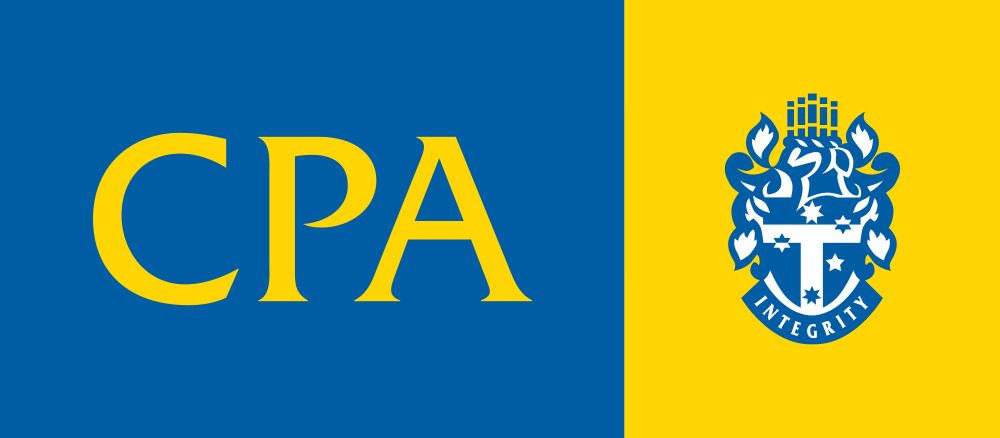Worker's Compensation and Superannuation Obligations
I recently came across a situation where our client (the Employer) was contacted by the Tax Office regarding a non-payment of superannuation for an employee (the Employee) on workers compensation.
The Employee had been on workers compensation for about 13 months, then he was given permission to return to work but only on light duties. As the Employer was unable to accommodate this request due to the nature of their business, the insurance company found a host employer (replacement employer) who could employ the Employee on whilst he was on light duties. Under the host employer arrangement:
- The original Employer was still responsible for the Employee’s wages whilst he worked for the host employer.
- The insurance company did reimburse the original Employer for the payment of wages
- The host employer benefited from the arrangement by having an additional employee at their disposal without any of the usual employer responsibilities.
It is usual for an employee to continue to receive workers compensation payments when they return to work, even if they are put on light duties. In terms of superannuation, in this case the Employer thought:
“… He hasn’t returned to us, he is being hosted by another employer, so superannuation does not apply…”
Well think again!
Upon conducting further research into this matter which involved liaising with the various government departments, we were told the following:
- Fairwork Australia said;
“We cannot give you that advice, you need to speak with the Tax Office’s superannuation division”.
- Tax Office’s Superannuation Division advised;
“We cannot give you that type of advice” and asked us to call Fairwork Australia or the Insurance Company.
- The Insurance Company advised;
“We can’t give you that type of advice” and asked us to call Fairwork Australia.
The above scenario is a common occurrence that many people face - a revolving door of passing the buck – without any real help provided to fix the issue.
Unfortunately whilst the Employer was trying to get assistance with this issue, the Employee contacted the Tax Office and reported the Employer for failing to pay their superannuation guarantee. It took that action for the Tax Office to assist the Employer with their queries. The Tax Office still did not provide any formal advice but did provide information that helped the Employer navigate through the situation and calculate the superannuation liability owed.
The specific employment award for this industry provides superannuation from day one of an injury for a period of 52 weeks, and then again when the employee returns to work regardless of who they are employed by. This clause is more common than most people realise.
This Employer did not have any objection to paying the superannuation guarantee if it was owed, they were simply unaware that it was required. However they could have faced large fines for the late superannuation payments. In this instance, the ATO Officer could see that the Employer had made a genuine effort in trying to determine what their responsibilities were. And on this occasion they used their discretion to waiver the penalties that would normally have applied.
Smith Thornton recently came across this website which is a useful tool to check if the award your employee(s) fall under carries the same requirements as the aforementioned client. Identify the relevant award, find the superannuation clauses within the award and look for Absence from work / Work-related injury or illness.
www.fairwork.gov.au/pay-and-wages/tax-and-superannuation
We strongly recommend that you seek assistance from a Human Resources consultant who has the expertise in workplace law. As trying to obtain accurate information from the various government departments or insurance companies is sometimes almost impossible.
Fairwork Australia introduces universal paid leave for family and domestic violence *
All employees in the FairWork system (including part-time and casual employees) will be entitled to 10 days of paid Family and Domestic Violence Leave in a 12-month period.
This new entitlement will replace the existing entitlement of five days of unpaid Family and Domestic Violence Leave under the National Employment Standards (NES).
Employees will be entitled to the full 10 days upfront, meaning they won’t have to accumulate it over time. The leave won't accumulate from year-to-year if it hasn’t been used.
The new leave entitlement will be available from:
- 1 February 2023, for employees of non-small business employers
- 1 August 2023, for employees of small business employers.
Employees can still access five days of unpaid Family and Domestic Violence Leave until the new paid leave entitlement becomes available to them. Family and Domestic Violence Leave should not show on an employee’s payslip and must be recorded/shown as Ordinary Time Earnings (OTE).
*Article from Institute of Certified bookkeepers, December 2022




